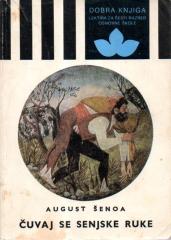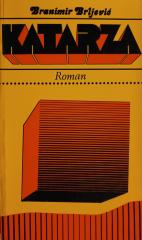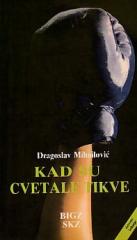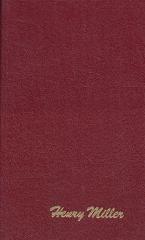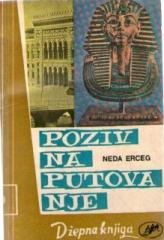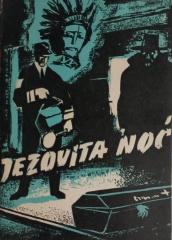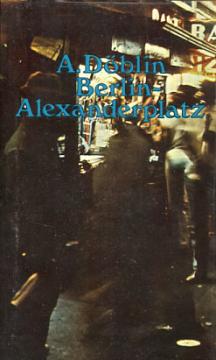
Berlin Alexanderplatz
A novel that introduced a revolution in prose, and is based on the film editing process. The book follows the life of Franz Biberkopf, whose fictitious fate is intertwined with another element of reality – the city of Berlin, a parallel main character.
Written in an expressionist style, with elements of montage, the novel uses interior monologues, newspaper articles and street sounds to evoke the chaotic spirit of the Weimar Republic.
Franz, released from prison after four years for the murder of his girlfriend Ida, vows to become an honest man. However, Berlin, a city full of crime, poverty and political tensions, draws him into a vortex of temptation. Franz struggles to find work, lives off petty fraud and falls into bad company, including the criminal Reinhold, whose manipulation and betrayal lead Franz into a series of misfortunes. His relationship with Mia, his new love, gives him hope, but fate does not spare him - from losing his hand in an accident to a deeper descent into the underworld.
The novel explores themes of fate, free will and the struggle of the individual against social forces. Through Biberkopf, Döblin portrays a small man struggling with moral dilemmas in a ruthless urban environment. Biberkopf's final transformation, after a spiritual and physical breakdown, suggests reconciliation with reality, but without a clear happy ending. The work is a powerful portrait of the modern city and human struggle, often compared to James Joyce's Ulysses for its innovative style.
No copies available
The last copy was sold recently.
